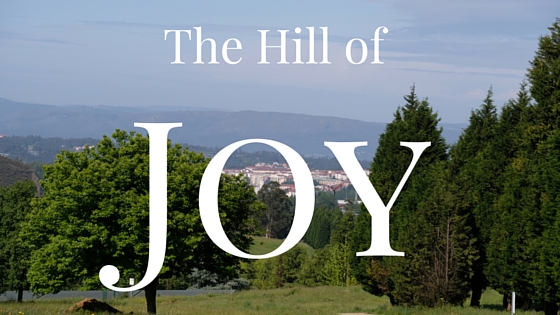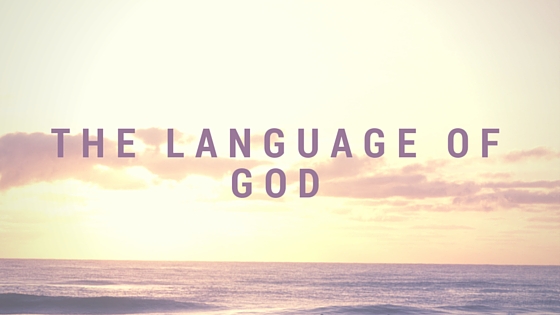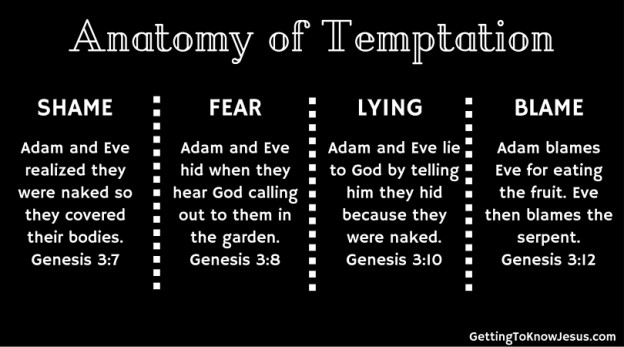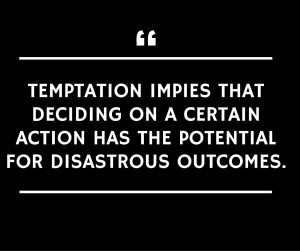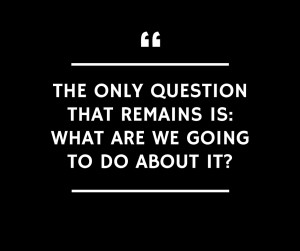Walking the Camino toward Santiago resembles ordinary life in many ways. We follow a path, sometimes alone, sometimes with friends or strangers. We experience good days and bad, stormy weather and brilliant sunshine, energy sapping heat and unexpected cold. The real difference is how we treat strangers along the way because it is almost a universal custom to acknowledge other pilgrims with a friendly “Buen Camino.” We connect through the common purpose of reaching Santiago.
My own journey had begun on a Sunday and now, five days later, I was approaching Santiago, the city where James, the Apostle of Jesus, rests. Around 10:30 in the morning, I arrived at an open high point called Monte Do Gozo (Hill of Joy). Unfortunately, an oversized metal monument had been placed on the spot where pilgrims could see for the first time the city they had traveled so long and hard to reach.
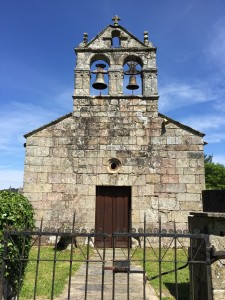 A small chapel has been built at a short distance from the monument. In contrast to the rusted block of metal, it is a simple structure. I looked inside, but it was empty and so after putting my pack down and grabbing my camera, I headed up toward the monument where I might steal a glance of Santiago just as centuries of fellow pilgrims before me had done.
A small chapel has been built at a short distance from the monument. In contrast to the rusted block of metal, it is a simple structure. I looked inside, but it was empty and so after putting my pack down and grabbing my camera, I headed up toward the monument where I might steal a glance of Santiago just as centuries of fellow pilgrims before me had done.
I confess I felt little joy at that moment; the monument itself looked to me like a relic from World War ll. It was out of place and marred what should have been a spirit of lightness and joyful expectation.
I took a few pictures of far off Santiago and then walked back toward the chapel and my unattended pack. When I got there, I unexpectedly decided to detour back to the little chapel one last time before leaving. As I approached the open door, I heard a beautiful voice singing the words of John Newton’s Amazing Grace:
Amazing Grace how sweet the sound
That saved a wretch like me.
I once was lost, but now am found,
Was blind, but now I see.
At first, I thought I was listening to a recording, but then I saw the back of a woman kneeling. From the slight movement of her head and shoulders, I could see she was the source of the words and music. She never looked up, but her voice filled the room with a sound of music that brought joy back to my own spirit. She sang with a soft passion that made me believe she was living the words she was singing:
‘Twas grace that taught my heart to fear,
And grace my fear relieved.
How precious did that grace appear
The hour I first believed.
Through many dangers, toils and snares
I have already come,
‘Tis grace hath brought me safe thus far
And grace will lead me home.
Somehow the words of the song, the singer herself and the simplicity of the chapel combined to create a moment of genuine grace. The small chapel was filled with the fragrance of beauty, goodness and truth and the Hill of Joy became for me what it has been for thousands upon thousands of Christian pilgrims who now at last could feel that the purpose of their journey had finally come into full view:
Yea, when this flesh and heart shall fail,
And mortal life shall cease,
I shall possess within the veil,
A life of joy and peace.
When we’ve been there ten thousand years
Bright shining as the sun,
We’ve no less days to sing God’s praise
Than when we’ve first begun.
